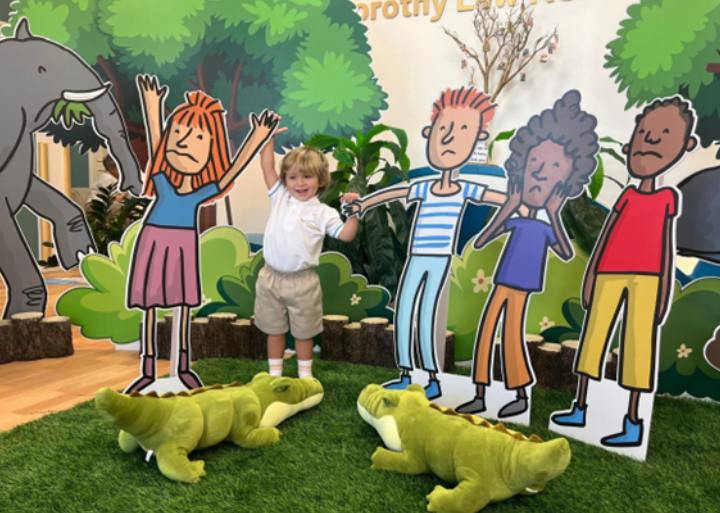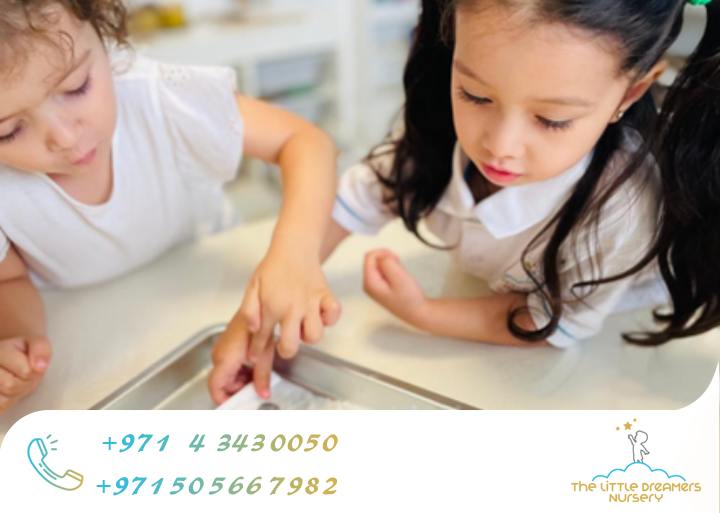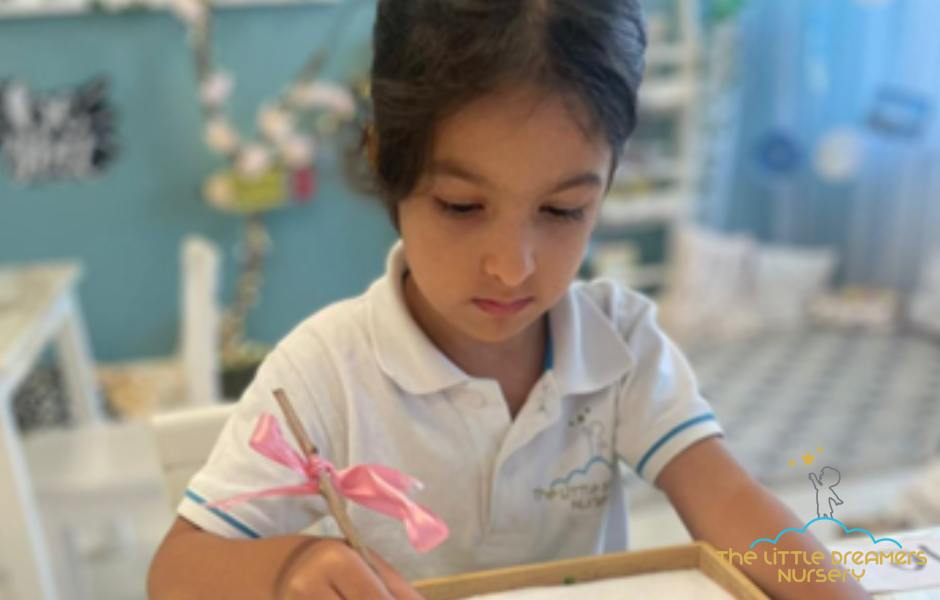As parents, we often wonder, at what age should my child be reading? Understanding the reading journey can be daunting, especially with the varying milestones children reach.
What Age Should Start Reading?
The question of what age to start reading is common among parents. While some children may show interest in books as early as infancy, most experts suggest that formal reading skills typically begin to develop around age 4 to 5. However, it’s essential to remember that each child is unique and will progress at their own pace.
What Age Should My Child Start Reading?
By age 5, many children are ready to engage with simple texts. At this stage, they often recognize familiar words and can begin to understand basic sentence structures. However, the transition into reading varies widely; some children may start earlier, while others might take a bit longer. It’s crucial to focus on your child’s individual readiness rather than comparing them to peers.
2-Year-Old Can Read Numbers
Interestingly, many parents notice that their 2-year-olds can recognize and recite numbers. This early exposure to numbers can lay the groundwork for literacy. While your child may not be reading in the traditional sense, their ability to identify numbers shows they are developing critical cognitive skills. At this age, it’s beneficial to encourage an interest in books through counting games and number-related stories.

5 Years Old Reading Books
By the time children reach age 5, many are eager to explore reading books. At this age, they may start to enjoy picture books with simple text or repetitive phrases. Reading aloud to your child can enhance their vocabulary and comprehension, making it easier for them to transition into independent reading. Engaging them with stories that pique their interest—whether about animals, adventures, or fairy tales—can make the process enjoyable.
5 Years Old Reading Level
Understanding the 5 years old reading level helps parents gauge their child’s progress. Typically, children at this age might read simple sentences and recognize a handful of sight words. They are beginning to connect sounds with letters, which is a critical aspect of learning to read. If your child is struggling, it’s essential to provide support without pressure, reinforcing the joy of reading rather than turning it into a chore.
Signs Child is Ready to Read
So, what are the signs a child is ready to read? Look for the following indicators:
- Interest in Books: If your child frequently asks to read or enjoys being read to, they are likely developing a readiness for reading.
- Letter Recognition: Recognizing letters and knowing their sounds is a significant step toward reading.
- Understanding Stories: If your child can retell a story or predict what happens next, they are engaging with the narrative, a crucial skill for reading comprehension.
- Pretend Reading: When children pretend to read, it indicates they are experimenting with language and storytelling.
These signs can help you determine if your child is ready to embark on their reading journey.
What Age Should My Child Be Reading?
Ultimately, the question of what age to start reading can vary. While many children start reading independently by the end of kindergarten or early first grade, some may not be fully proficient until later. It’s essential to be patient and supportive, allowing your child to develop their skills at their own pace.

Supporting Your Child’s Reading Journey
To help your child prepare for reading, consider these tips:
- Read Aloud Daily: Make reading a daily ritual. Choose engaging books that align with your child’s interests.
- Create a Literacy-Rich Environment: Surround your child with books, letters, and print in everyday life. Label items around the house, or create a reading nook filled with comfortable seating and accessible books.
- Encourage Letter and Sound Recognition: Use games and activities to help your child recognize letters and sounds. This foundational skill is crucial for reading.
- Be Patient and Positive: Celebrate small victories and provide encouragement. Reading should be fun, not a source of stress.
Conclusion
Deciding what age to start reading is not a one-size-fits-all answer. Each child develops at their own pace, and it’s essential to provide a nurturing environment that fosters a love for reading. By recognizing the signs of readiness and engaging in supportive activities, you can help your child embark on a rewarding reading journey that will benefit them for years to come.








